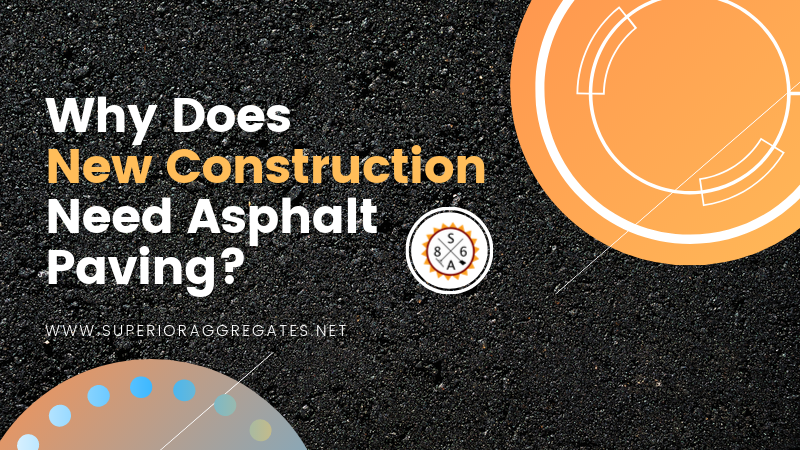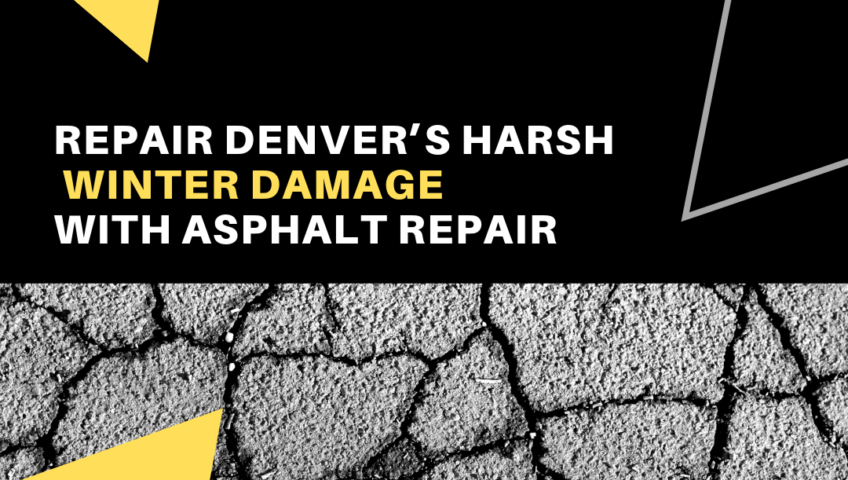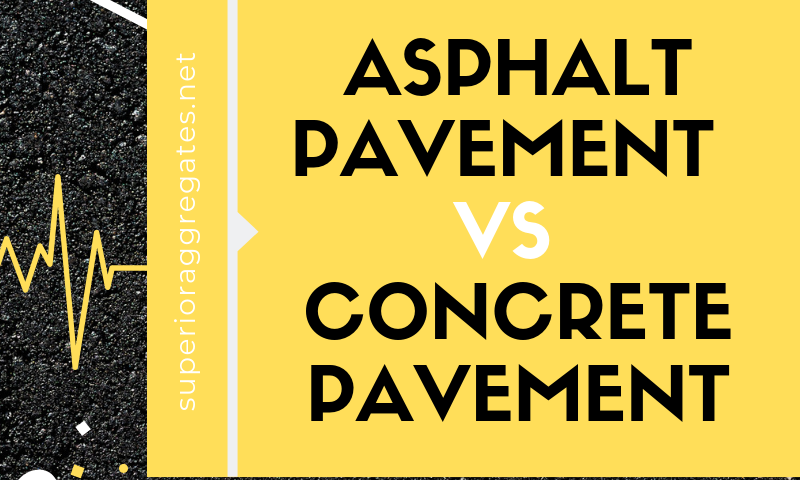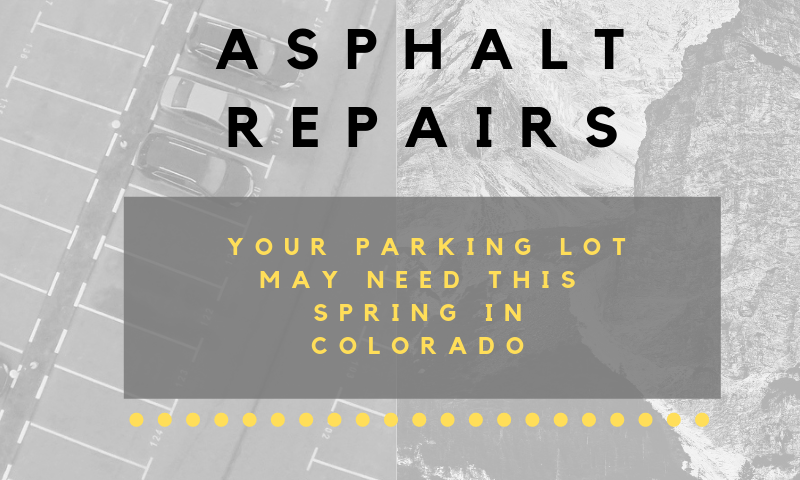
Top Five Reasons To Repair The Potholes In Your Parking Lot
Small business owners have a lot of weight on their shoulders. They always have to watch for the angles to increase revenue. They have to manage staff, customers, vendors, and government regulators.
Cutting costs is always on the menu, but only in a way that does not reduce customer satisfaction. On top of all this, they must keep the concrete parking lots and buildings in good condition. As a manager or business owner, you probably understand this balancing act.
Here are five reasons you might want to prioritize repairing the potholes in your parking lot.
Managing The First Impression
For the customers who don’t find you on the internet, the parking lot is part of their first impression. People driving by watch your building and parking lot for signs of prosperity. Potential customers begin judging the experience the moment they drive onto your property.
Maintaining a smooth parking lot is as necessary to customer experience as keeping the floors clean. You wouldn’t let your customers wade through piles of trash, would you?
Disrepair Only Gets Worse
Not spending $50 today can often cost you $100 tomorrow. It can be true in health care and car maintenance, and it is true with parking lots.
If you don’t fix the potholes now, they will only get bigger with time. Eventually, they will get so bad that you will have to replace the entire parking lot. Fixing the damage at your first opportunity will save you money in the long run.
Avoiding Lawsuits for Damage
Most tires can roll over very small potholes without a problem. But consistent car traffic contributes to the severity of the broken concrete. Rain, snow, salt, and extreme heat can also combine to do additional damage. Before long, the dent is large enough for tires to physically fall inside.
That places your business at risk for angry customers with damaged rims and tires. The last thing you need is more expenses.
Avoiding Lawsuits for Injury
It is true that a pothole can often grow for a while before it is large enough to damage a car. But your customers and employees can trip over holes a lot smaller. Every time someone stumbles they risk serious injury.
Your enterprise is required to provide a certain level of safety for visitors. Bodily harm due to uneven, broken pavement can damage your reputation and cost your business money.
The Weather Is Right
Weather extremes can be a big problem for your concrete. The summer heat causes your concrete to expand and buckle. This buckling effect is one cause of initial lot damage. Cracks often form where the concrete is unable to expand further.
Winter’s cold weather can have the opposite impact, although not to the same extent. Winter also adds salt and water erosion, which can make the holes worse.
Autumn is the perfect time to repair damaged concrete. The weather is more moderate, giving the ground time to settle.
It Makes Good Business Sense
Why take the risk of causing injuries or damaging equipment? Why wait until small holes in the pavement become huge eyesores? You owe it to your investment to keep your property in the best condition. Contact a concrete repair specialist today, while the problem is still manageable.
Small business owners have a lot of weight on their shoulders. They always have to watch for the angles to increase revenue. They have to manage staff, customers, vendors, and government regulators.
Cutting costs is always on the menu, but only in a way that does not reduce customer satisfaction. On top of all this, they must keep the concrete parking lots and buildings in good condition. As a manager or business owner, you probably understand this balancing act.
Here are five reasons you might want to prioritize repairing the potholes in your parking lot.
Managing The First Impression
For the customers who don’t find you on the internet, the parking lot is part of their first impression. People driving by watch your building and parking lot for signs of prosperity. Potential customers begin judging the experience the moment they drive onto your property.
Maintaining a smooth parking lot is as necessary to customer experience as keeping the floors clean. You wouldn’t let your customers wade through piles of trash, would you?
Disrepair Only Gets Worse
Not spending $50 today can often cost you $100 tomorrow. It can be true in health care and car maintenance, and it is true with parking lots.
If you don’t fix the potholes now, they will only get bigger with time. Eventually, they will get so bad that you will have to replace the entire parking lot. Fixing the damage at your first opportunity will save you money in the long run.
Avoiding Lawsuits for Damage
Most tires can roll over very small potholes without a problem. But consistent car traffic contributes to the severity of the broken concrete. Rain, snow, salt, and extreme heat can also combine to do additional damage. Before long, the dent is large enough for tires to physically fall inside.
That places your business at risk for angry customers with damaged rims and tires. The last thing you need is more expenses.
Avoiding Lawsuits for Injury
It is true that a pothole can often grow for a while before it is large enough to damage a car. But your customers and employees can trip over holes a lot smaller. Every time someone stumbles they risk serious injury.
Your enterprise is required to provide a certain level of safety for visitors. Bodily harm due to uneven, broken pavement can damage your reputation and cost your business money.
The Weather Is Right
Weather extremes can be a big problem for your concrete. The summer heat causes your concrete to expand and buckle. This buckling effect is one cause of initial lot damage. Cracks often form where the concrete is unable to expand further.
Winter’s cold weather can have the opposite impact, although not to the same extent. Winter also adds salt and water erosion, which can make the holes worse.
Autumn is the perfect time to repair damaged concrete. The weather is more moderate, giving the ground time to settle.
It Makes Good Business Sense
Why take the risk of causing injuries or damaging equipment? Why wait until small holes in the pavement become huge eyesores? You owe it to your investment to keep your property in the best condition. Contact a concrete repair specialist today, while the problem is still manageable.




